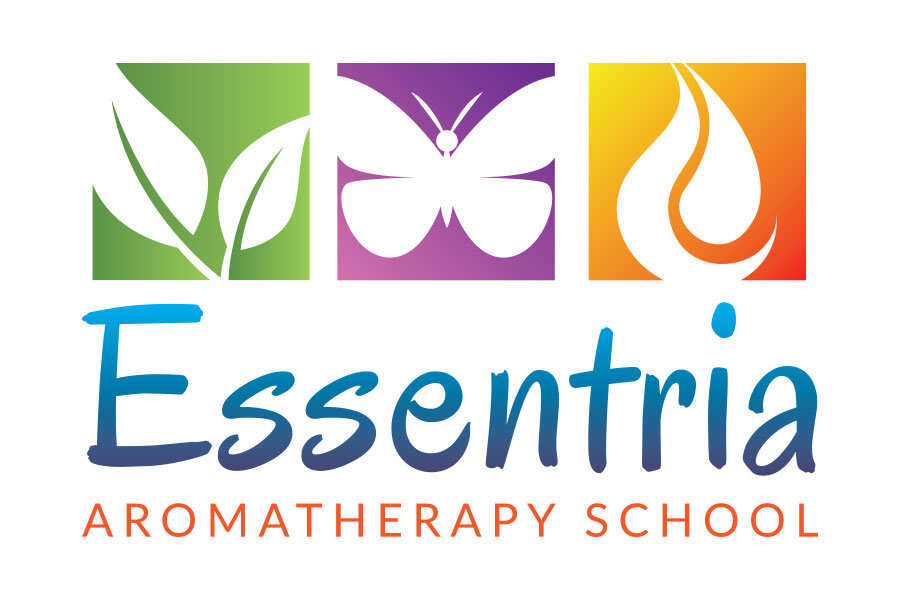Top 5 Essential Oils for Seasonal Allergies
Spring is here and so is allergy season! Seasonal allergies affect millions of people every year, and can last several months for some people. They can come and go with age, or even pregnancy can alleviate them or bring them on when they’ve never been experienced before. The symptoms can be quite uncomfortable, including sneezing, itching, runny nose, and watery eyes. While there are medications available to alleviate these symptoms, many people prefer to use natural remedies such as essential oils. We will explore the top 5 essential oils that we like to use to help with the symptoms of seasonal allergies.
How to Use Essential Oils for Seasonal Allergies
Essential oils can be used in a variety of ways to alleviate allergy symptoms. They can be added to a diffuser, mixed with a carrier oil topically, or added to a personal inhaler so you have the blend with you wherever you go.
To learn more about personal inhaler and how to make them, check out our previous blog How to Make an Essential Oil Inhaler
When using essential oils topically, it's important to dilute the essential oils with a carrier oil before applying them to the skin to avoid irritation. Check out Essentria’s Safety Charts to download all the dilutions guides for proper safety.
It's also important to note that essential oils should not be used as a substitute for medical treatment. If you have severe allergy symptoms, you should consult with a healthcare professional.
Safety Precautions when Using Essential Oils
Essential oils are powerful substances and should be used with caution. It's important to use high-quality, pure essential oils and to dilute them properly before use. Essential oils should not be ingested and should be kept out of reach of children and pets. If you have sensitive skin or are pregnant or nursing, you should consult with a a clinical aromatherapist or healthcare professional trained in aromatherapy before using essential oils.
Our top 5 Essential Oils for Seasonal Allergies:
Peppermint Essential Oil
Peppermint essential oil is a popular choice for those suffering from seasonal allergies. It contains menthol, which has a cooling effect on the body and can help to open up the airways. Peppermint oil also has anti-inflammatory properties, which can reduce swelling and inflammation in the nasal passages. To use peppermint oil for allergies, simply add a few drops to a diffuser, personal inhaler, or the back of the neck to receive it’s benefits.
It's important to note that peppermint oil should not be used on children and should be used with caution on those with asthma.
Lavender Essential Oil
Lavender essential oil is well-known for its calming properties, but it can also be beneficial for those with seasonal allergies. It has anti-inflammatory and antihistamine properties, which can help to reduce allergy symptoms such as sneezing and itching. Lavender oil can be added to a diffuser, personal inhaler or applied topically to the chest or the back of the neck.
Remember to get your aromatherapy products from a reliable source.
Lemon Essential Oil
Lemon essential oil is a powerful natural antihistamine and can help to reduce allergy symptoms such as congestion and runny nose. It also has antimicrobial properties, which can help to reduce the risk of infection during allergy season. To use lemon oil for allergies, add a few drops to a diffuser, personal inhaler, or mix with a carrier oil and apply topically to the chest or the back of the neck.
It's important to note that lemon oil can make the skin more sensitive to sunlight as it is photosensitizing. It is best to avoid UV rays for 12 hours after applying topically.
Eucalyptus Essential Oil
Eucalyptus essential oil is a natural decongestant and can help to clear the sinuses during allergy season. It also has anti-inflammatory properties, which can reduce swelling and inflammation in the nasal passages. Eucalyptus oil can be added to a diffuser, personal inhaler, or mixed with a carrier oil and applied topically to the chest or the back of the neck.
It's important to note that eucalyptus oil should not be used on children under 10 years old and should be used with caution on those with asthma.
Tea Tree Essential Oil
Tea tree essential oil has antibacterial and antifungal properties, which can help to reduce the risk of infection during allergy season. It also has anti-inflammatory properties, which can reduce swelling and inflammation in the nasal passages. Tea tree oil can be added to a diffuser, personal inhaler, or mixed with a carrier oil and applied topically to the chest or the back of the neck.
Essential oils can be a great natural remedy for those suffering from seasonal allergies. Peppermint, lavender, lemon, eucalyptus, and tea tree are just a few of the essential oils that have properties that can help to alleviate allergy symptoms. However, it's important to use essential oils safely and to consult with a certified aromatherapist or healthcare professional trained in aromatherapy if you have severe allergy symptoms or a complex health history.
LEARN MORE WITH ESSENTRIA
Want to learn more about how to use essential oils in your home? Check out our free no strings attached online course here.
Plus consider joining us in our Facebook group Love Essential Oils with Essentria where we post tips and tricks on how to use aromatherapy safely in your daily life.
Grab some FREE tools to help you on your essential oils journey.
Follow us for FREE educational and fun posts daily and don’t forget to subscribe to our newsletter for access to discounts and promos!
Want to learn more about how to become an aromatherapist, check out our certification courses and bundles offered online here.



